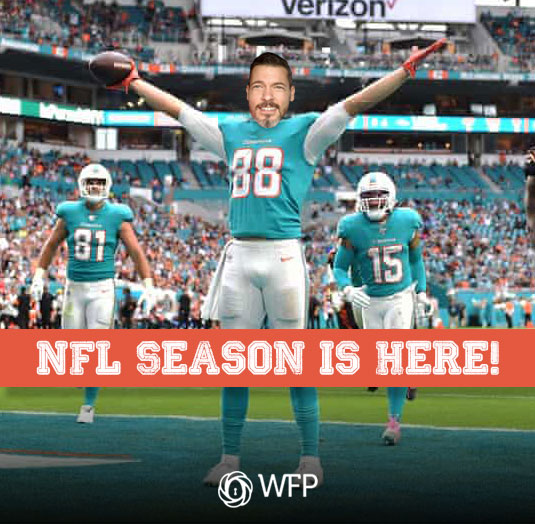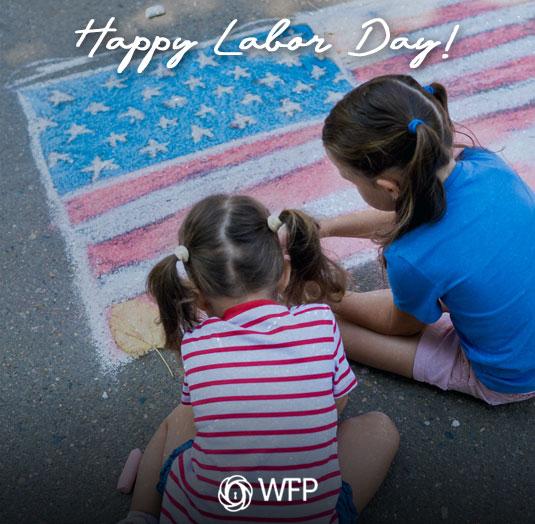 According to People Magazine, 33% of Americans say that fall is their favorite season. And, what’s not to love? Changing leaves, toasty fires, and pumpkin spice everything make fall a total treat. Fall also means change. Just like how the leaves go from green to red and orange, life brings with it a lot of changes as well. Some are positive, and some are negative, but all have to be dealt with in one way or another.
According to People Magazine, 33% of Americans say that fall is their favorite season. And, what’s not to love? Changing leaves, toasty fires, and pumpkin spice everything make fall a total treat. Fall also means change. Just like how the leaves go from green to red and orange, life brings with it a lot of changes as well. Some are positive, and some are negative, but all have to be dealt with in one way or another.
In this article, we’ll discuss common major life changes and their impact on your estate plans. Estate planning provides all the tools you need to deal with these changes, but it’s still important to discuss how exactly they can impact your plans.
Common Life Events
Below are some common major life changes that almost everyone runs into. Though some are positive, many are not-so-sunny. While it might be hard to face these events, it’s important to do so, rather than be unprepared if they do happen.
Death
Estate planning isn’t just death planning, so the death we’re talking about here doesn’t have to be yours. If it is, a last will and testament, a trust, and guardianship papers (if you have minor children) are all must-haves to ensure that your assets are divided up the way you want and your kids are cared for.
If someone in your family dies and they were listed in your estate plan, what happens? This is where it gets tricky. There are succession laws that dictate who gets the asset(s) (if anyone), but you’d be better off changing your plan to make the decision yourself. If your intended beneficiary dies, you need to revisit your estate plan, ASAP.
New Baby
On a happier note, a new baby can mean someone else to add as a beneficiary. If there is a new entrant to your family that you want to ensure is covered, be sure to do that sooner, rather than later. It’s all too easy to forget, but that forgetting can have consequences in the long-run.
Divorce
As you can imagine, divorce has quite an impact on your estate plan. Your ex-spouse was likely listed as the beneficiary on your insurance, as well as a lot of other estate planning documents. Whether amicable or not-so-nice, you likely don’t want your former spouse coming to collect on your assets when you die. At some point during the divorce process, make sure you remove your ex from the paperwork. Contact an estate planning attorney to ensure you carry out the process thoroughly.
Home-Buying
When you’re creating your estate plan, your home like is going to be a huge feature in it, especially if you own it. If you purchase a new home, make sure your estate plan reflects your current address.
Business
Estate planning for businesses is a huge topic, one that could have one-hundred articles all too itself and not be satisfied. When you start a business, you need to include that in your estate planning. A succession plan, tax considerations, and avoiding probate are three topics you should talk to your attorney about.
The Dangers of Waiting too Long
The dangers of waiting too long to make an estate plan change mainly center around one proposition: life is unpredictable. You never know when something drastic will change, and you want to make sure your plan reflects your true wishes.
There are many more changes that can come up in someone’s life, but these are the first major life events that come to mind. Make sure to check your estate plan every three to five years, but you should also make sure that, after an event like the ones listed above, you’re revisiting your plan. Call the attorneys at WFP to schedule an appointment.

